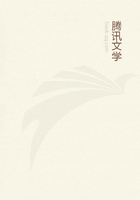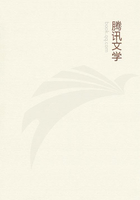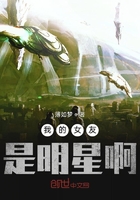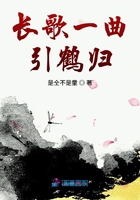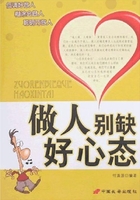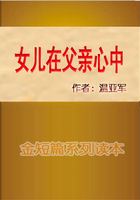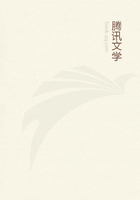Dr. Buchanan many years ago discovered, in the record chest of some Hebrews at Malabar, a manuscript copy of the greater part of the Pentateuch, written in Hebrew on goat's skins. The goat skins were thirty-seven in number, dyed red, and were sewn together, so as to form a roll forty-eight feet in length by twenty-two inches in width. At what date this was written cannot be now determined, but it is supposed to be extremely ancient.
The Hebrews began, early after the invention of parchment, to write their scriptures on this material, of which the rolls of the law used in their synagogues are still composed.
Scriptural, like many other classes of MSS. originating previous to the eighth century and ink written either on parchment or vellum, or both, are in capital letters without spaces between words and exceedingly rare. The more important and valuable of them which apply to the New Testament are respectively known as the Sinaitic, the Vatican and the Alexandrian, many of whose various translations and readings are incorporated by Tischendorf in his Leipzig edition of the English New Testament. The stories relating to the discovery and obtaining of these relics of the first centuries of our era are startling ones. The reputation and standing, however, of the discoverers, and the investigations subsequently made by known scholars of their time, serves to invest them with a certain degree of truthfulness.
The most interesting is the story about the Sinaitic codex, the oldest of any extant and which is best told by Madan:
"The story of the discovery of this famous manuscript of the Bible in Greek, the oldest existing of all the New Testament codexes, and in several points the most interesting, reads like a romance. Constantine Tischendorf, the well-known editor of the Greek Testament, started on his first mission litteraire in April, 1844, and in the next month found himself at the Convent of St. Catherine, at the foot of Mount Sinai. There, in the middle of the hall, as he crossed it, he saw a basket full of old parchment leaves on their way to the burning, and was told that two baskets had already gone! Looking at the leaves more closely, he perceived that they were parts of the Old Testament in Greek, written in an extremely old handwriting.
He was allowed to take away forty-three leaves; but the interest of the monks was aroused, and they both stopped the burning, and also refused to part with any more of the precious fragments.
Tischendorf departed, deposited the forty-three leaves in the Leipsig Library, and edited them under the title of the Codex Friderico-Au-gustanus, in compliment to the King of Saxony, in 1846. But he wisely kept the secret of their provenance, and no one followed in his track until he himself went on a second quest to the monastery in 1853. In that year he could find no traces whatever of the remains of the MSS. except a few fragments of Genesis, and returned unsuccessful and disheartened.
At last, he once more took a journey to the monastery, under the patronage of the Russian Emperor, who was popular throughout the East as the protector of the Oriental Churches.
Nothing could he find, however; and he had ordered his Bedouins to get ready for departure, when, happening to have taken a walk with the steward of the house, and to be invited into his room, in the course of conversation the steward said: 'I, too, have read a Septuagint,' and produced out of a wrapper of red cloth, 'a bulky kind of volume,' which turned out to be the whole of the New Testament, with the Greek text of the Epistle of Barnabas, much of which was hitherto unknown, and the greater part of the Old Testament, all parts of the very MSS. which had so long been sought! In a careless tone Tischendorf asked if he might have it in his room for further inspection, and that night (February 4-5, 1859)it 'seemed impiety to sleep.' By the next morning the Epistle of Barnabas was copied out, and a course of action was settled. Might he carry the volume to Cairo to transcribe? Yes, if the Prior's leave was obtained; but, unluckily the Prior had already started to Cairo on his way to Constantinople.
By the activity of Tischendorf he was caught up at Cairo, gave the requisite permission, and a Bedonin was sent to the convent, and returned with the book in nine days. On the 24th of February, Tischendorf began to transcribe it;and when it was done, conceived the happy idea of asking for the volume as a gift to the Emperor of Russia. Probably this was the only possible plea which would have gained the main object in view, and even as it was there was great delay; but at last, on the 28th of September, the gift was formally made, and the MSS. soon after deposited in St. Petersburg, where it now lies. The date of this MSS. is supposed to be not later than A. D. 400, and has been the subject of minute inquiry in consequence of the curious statement of Simonides in 1862, that he had himself written it on Mount Athos in 1839-40."Constantine Simonides was a Greek who was born in 1824 and is believed to have been the most versatile forger of the nineteenth century. From 1843until 1856 he was in evidence all over Europe offering for sale fraudulent MSS. purporting to be of ancient origin.
In 1861 Madan says:
"He boldly asserted that he himself had written the whole of the Codex Sinaiticus which Tischendorf had bought in 1856 from the monastery of St.
Catherine on Mount Sinai. The statement was, of course, received with the utmost incredulity; but Simionides asserted, not only that he had written it, but that, in view of the probable skepticism of the scholars, he had placed certain private signs on particular leaves of the codex. When pressed to specify these marks he gave a list of the leaves on which were to be found his initials or other monogram.
The test was a fair one, and the MSS., which was at St. Petersburg, was carefully inspected.

